2013 Intelligent Sensing Summer School
| 11 June 2013 - DAY 1 | ||||||
| 9.00-9.30 | Opening | |||||
| 9.30-11.00 |
Integrative neuromechanics: combining engineering, mathematics, and biology to discover how animals move Insects on rubber, dogs on springs, and robots in a field: the integrative science of discovering how animals move
|
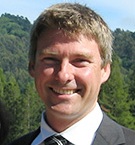 Andrew Spence
Andrew Spence
|
Biology, vision & intelligent sensing I | |||
| 11.00-11.30 | Coffee break | |||||
| 11.30-12.30 |
Depth, You, and the World Consumer level depth cameras such as Kinect have changed the landscape of 3D computer vision. In this talk, we will discuss two related approaches that learn to directly infer correspondences between observed depth image pixels and 3D model points, and then use these correspondences to drive an optimization of a generative model to explain the data.
|
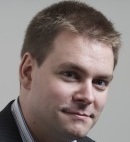 Jamie Shotton Jamie Shotton |
Industry talk (Microsoft Research) | |||
| 14.00-14.45 |
Capturing and modelling 3D data Passive and active systems for capturing 3D scene-data, and a statistical scene-model discussed in relation to biological and machine vision
|
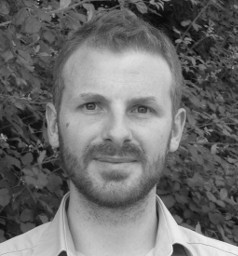 Miles Hansard Miles Hansard |
Biology, vision & intelligent sensing II | ||
| 14.45-15.00 | Presentation of the challenge | Challenge Biology, vision & intelligent sensing |
|||
| 15.00-18.00 | Working in groups | ||||
| 12 June 2013 - DAY 2 | ||||||
| 9.00-10.00 |
Analysing language in conversation Approaches for extracting meaning from conversational language, from deep to shallow and with varying degrees of supervision for interactive dialogue systems, medical therapy assistance and social media analytics
|
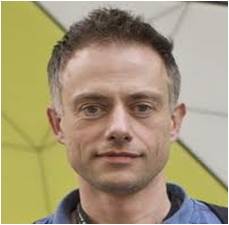 Matt Purver
Matt Purver |
Sensing language, audio & music | |||
| 10.00-11.00 |
Making sense of sound and music Techniques that can separate out different sound sources from a mixture, follow the notes and the beats in a piece of music, or show us the sound in new visual ways to analyze sounds like heartbeats or birdsong, find the music we want in huge collections of music tracks, or to create music in new ways
|
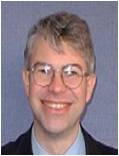 Mark Plumbley
Mark Plumbley |
||||
| 11.00-11.30 | Coffee break | |||||
| 11.30-12.30 |
Smart cooperative wireless sensor networks for healthcare and performance monitoring: antennas and radios prospective Techniques that combine antenna and radio propagation engineering with networking and smart frequency agile communication systems for low-power body-worn or implanted devices coupled with intelligent control algorithm to sense and understand the dynamic human body
|
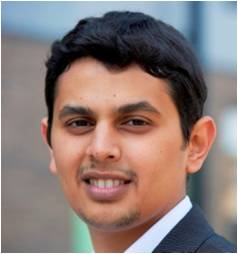 Akram Alomainy
Akram Alomainy |
Sensing human body signals | |||
| 14.00-14.30 |
Advanced Cardiovascular Imaging: current state and glimpse into the future Cardiac image acquisition, display, post-processing and handling of clinical reports
|
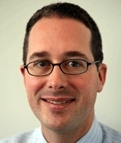 Steffen Petersen
Steffen Petersen |
Sensing for medical applications | |||
| 14.30-18.00 | Working in groups | Challenge Biology, vision & intelligent sensing |
||||
| 13 June 2013 - DAY 3 | ||||||
| 8.30 | Submission of the challenge results | |||||
| 9.00-9.45 | Shining new light on the Earth's surface: hyperscale terrain monitoring and modelling
Recent advances in Geomatics that have transformed the acquisition and modelling of 3D survey data, and facilitated new perspectives on the form and structure of the Earth’s surface and dynamics |
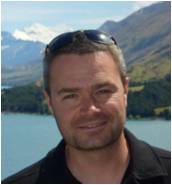 James Brasington
James Brasington |
Geography & intelligent sensing | |||
| 9.45-10.00 | Groups 1 & 2 present their results on the challenge | |||||
| 10.00-10.45 |
Using insect sensory systems as biological inspiration for complex sensing problems Insects are masters of multisensory integration: they use polychromatic colour vision, polarisation vision, olfaction and a magnetic compass system to navigate and to explore their surroundings with brains the size of a pinhead. How they do this could provide useful information for computationally simple but robust solutions to complex sensing problems.
|
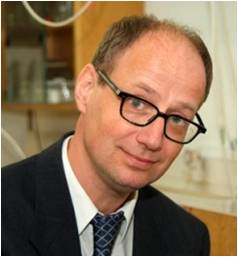 Lars Chittka
Lars Chittka |
Evolutionary ecology & intelligent sensing | |||
| 10.45-11.00 | Groups 3 & 4 present their results on the challenge | |||||
| 11.00-11.30 | Coffee break | |||||
| 11.30-12.15 |
Probabilistic machine learning models for computer vision and beyond Exploitation of weakly-supervised, semi-supervised and active learning as well as attributes and zero-shot learning for intelligent sensing applications in computer vision and beyond
|
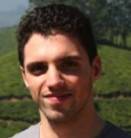 Tim Hospedales
Tim Hospedales |
Machine learning & intelligent sensing | |||
| 12.15-12.30 | Groups 5, 6 & 7 present their results on the challenge | |||||
| 14.00-15.00 |
Design for a Darwinian brain Artificial curiosity and algorithms for making robots creative and imaginative. They make up their own games to play and play them. To do this they co-evolve populations of games and solutions in their brains
|
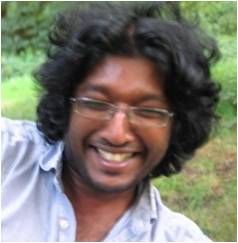 Chrisantha Fernando
Chrisantha Fernando |
Robots & intelligent sensing | |||
| 15.00-15.30 |
Textural features and illumination invariance Appearance of natural and artificial materials in real scenes is highly dependent on camera position, illumination position and spectrum, which complicate image analysis. These issues are addressed with illumination invariants from a Markovian representation of texture.
Demo: information fusion for localisation systems |
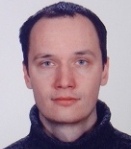 Pavel Vácha
Pavel Vácha |
Industry talk (Honeywell) |
|||
| 15.30-15.45 | Challenge results & award ceremony | |||||
| 15.45-17.00 | Third-year PhD students tell their stories and answer to questions from
first and second year colleagues
Panel moderators: Evangelos Sariyanidi and Riccardo Mazzon |
Panel discussion | ||||
| Programme organiser | Challenge organisers | Logistics | Sponsors | ||
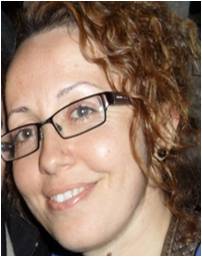
|
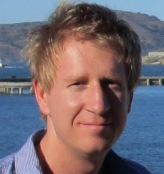
Tomas Piatrik
|
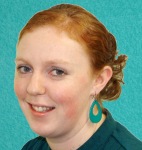
Julie Wall
|
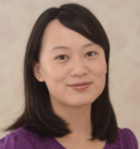
Qianni Zhang
|
Tamer Aboufoul Akram Alomainy Richa Bharadwaj Eliane Bodanese Simon Emberton Manik Gupta Kok Ho Huen Yue Jia Nanda Khaorapapong Evangelos Sariyanidi Ke Yang |
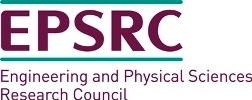

|
|
Winners of the challenge
1° Prize: Julian Hough, Fabio Poiesi, Evangelos Sariyanidi, Daria Stefic 2° Prize: Sophia Bano, Obaidullah Khalid, Mark Roper, Valerio Targon 3° Prize: Wenzhao Li, Riccardo Mazzon, Xun Xu, Heng Yang |
|||||
|
[Flickr album] |
|||||